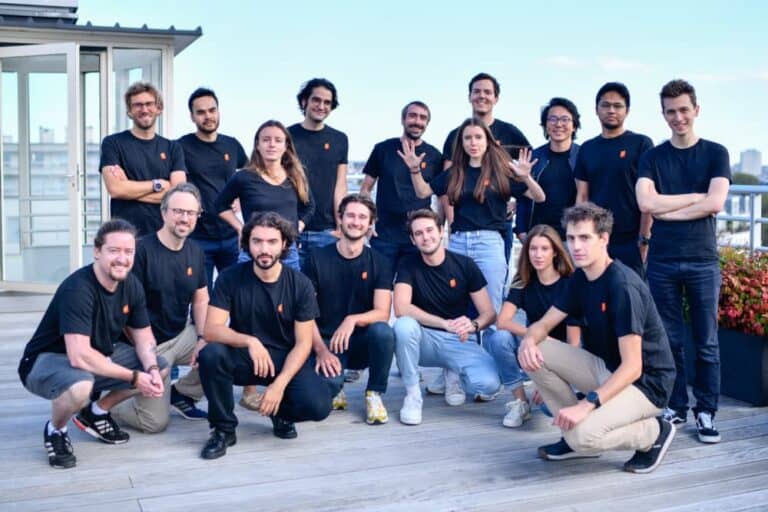French AI startup Mistral appears to have an unquenchable appetite for investor capital. The company is reportedly looking for hundreds of millions of euros, based on an assumed market valuation of over 4.6 billion euros.
The company sees such a valuation as feasible, partly because of the performance of its new open-source model Mixtral 8x22B and because it recently began generating revenue, reports The Information. Mixtral 8x22B’s mixture-of-experts architecture minimizes hardware usage by activating only the relevant neural network after being prompted, improving efficiency.
Hundreds of millions raised
Mistral has already secured four investments in the past year. Their first round of funding, 105 million euros, took place in June 2023, shortly after the company was founded. A second investment of 385 million euros followed in December, increasing the company’s valuation to around 2 billion euros.
Next, Microsoft decided to invest in Mistral AI. This is remarkable because the company used to work exclusively with OpenAI. Mistral received 16.3 million dollars (15.2 million euros) from the American tech giant, quite a bit less than Microsoft’s last investment in OpenAI of some 11.9 billion euros. The latest investment in Mistral involves an undisclosed amount from Databricks.
Mistral’s commercial offering includes Mistral Large, an advanced LLM, a more cost-effective model called Mistral Small, and an enterprise chatbot similar to ChatGPT. To compete with OpenAI’s upcoming GPT-5 and other well-funded rivals, Mistral will likely need to invest much more in LLM development. Additional capital will definitely come in handy.
Mistral’s LLMs used in U.S. systems
Microsoft recently indicated it would make Mistral AI’s LLMs available in the Azure cloud. Earlier this year, AWS announced it will use two of its LLMs in Amazon Bedrock. One of these is the open-source LLM Mixtral 8x22B launched last week, which outperforms the competition according to internal evaluations.
One thing that sets Mistral’s models apart—and perhaps characteristic of their European nature—is that they offer more support for languages other than English, such as French, German, Spanish, and Italian.
The French start-up’s models also have an edge over OpenAI’s GPT models because they are open-source. This allows for more transparency to customers and gives them more options in terms of customizability.
At the same time, Mistral AI is exploring options for using closed LLMs. That is the approach taken for Mistral Large. That includes a paid API, which costs 7.30 euros for one million tokens of input and 22 euros for the same amount of output.
Also read: LLM for Europe: Mistral AI puts Europe on the AI map
